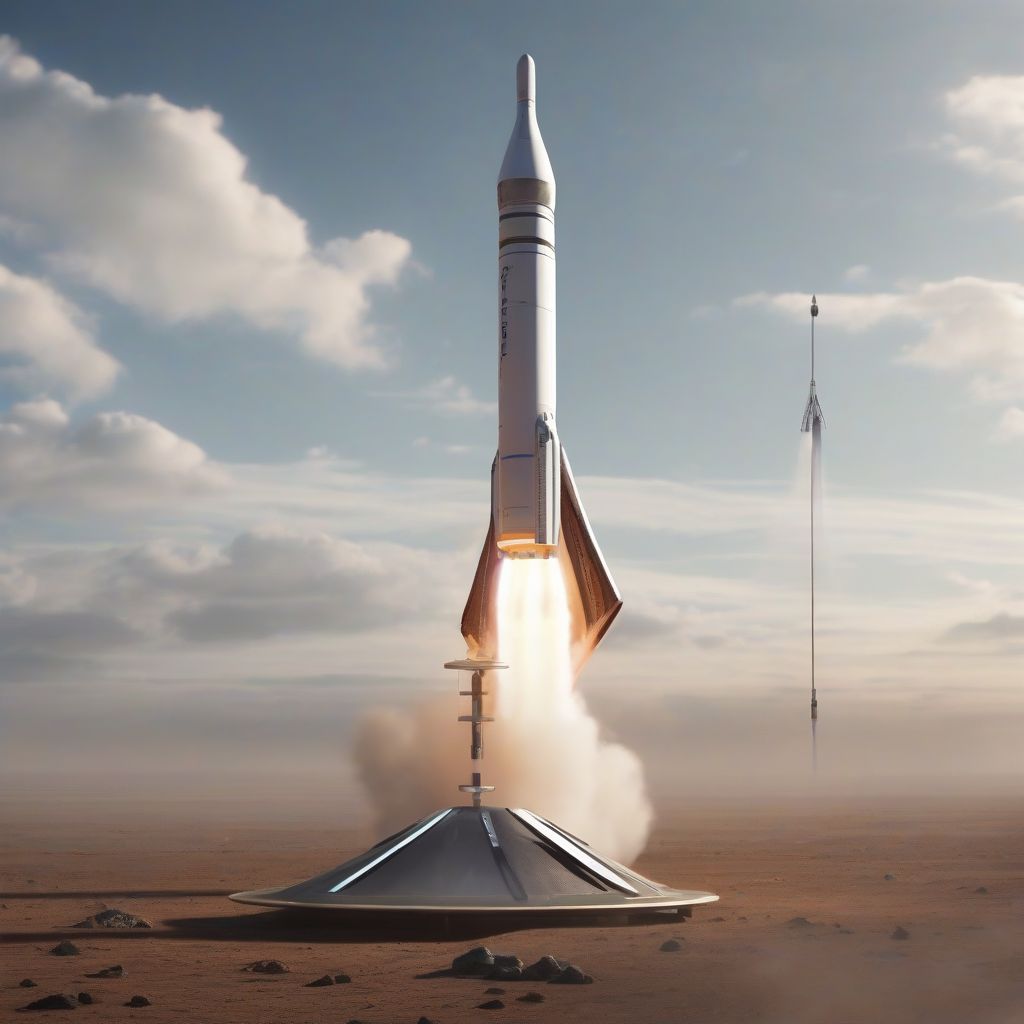Imagine a future where traveling to space is as common as flying across the country. This may sound like science fiction, but thanks to the rapid advancements in reusable rocket technology, this dream is quickly becoming a reality. The future of reusable rockets and launch systems promises to revolutionize space exploration, making it more accessible, affordable, and sustainable than ever before. Let’s delve into the exciting possibilities and challenges that lie ahead.
The Rise of Reusability: Transforming Space Travel
For decades, rockets were designed for single use, discarded after each launch. This traditional approach was incredibly expensive and wasteful. Reusable rockets, however, are designed to be launched, landed, and relaunched multiple times, drastically reducing the cost of accessing space. This paradigm shift is primarily driven by companies like SpaceX and Blue Origin, whose pioneering work has demonstrated the feasibility and economic benefits of reusability.
 Reusable Rocket Launch and Landing
Reusable Rocket Launch and Landing
SpaceX: Leading the Charge
SpaceX, spearheaded by Elon Musk, has been at the forefront of this revolution with its Falcon 9 and Falcon Heavy rockets. The successful landings and subsequent reuse of these rockets have significantly lowered launch costs, opening up new opportunities for both commercial and government missions.
Blue Origin: A New Contender
Blue Origin, founded by Jeff Bezos, is another major player in the reusable rocket arena. Their New Shepard suborbital vehicle has demonstrated consistent reusability, focusing on space tourism and short-duration flights. They are also developing the New Glenn orbital rocket, which aims to compete with SpaceX in the heavy-lift market.



